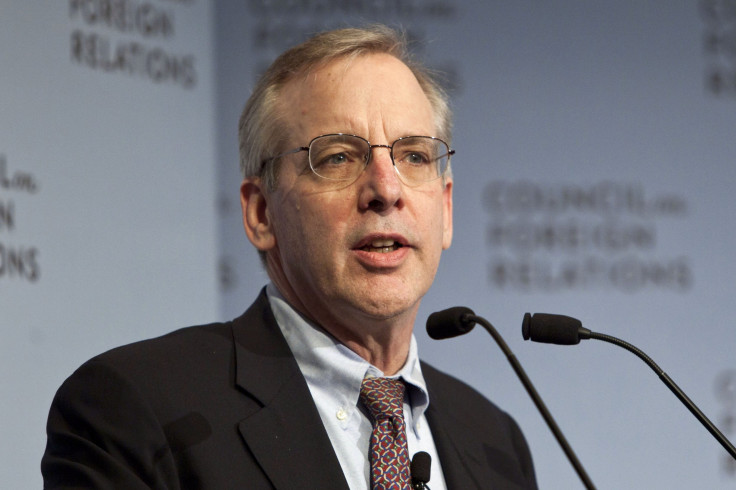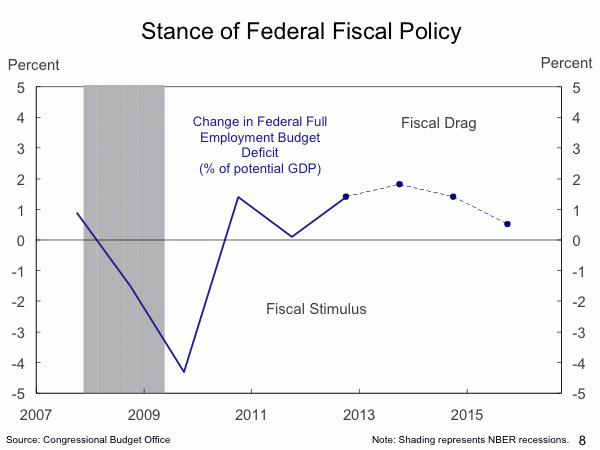New York Fed Chief Says Partisan Bickering Over Fiscal Policy Leaves Economy With No Long-Term Plan


New York Federal Reserve Bank President and CEO William Dudley said Monday that because fiscal policy has drastically shifted from mild restraint in 2012 to much greater restraint in 2013 the Federal Reserve should press ahead with its $85 billion-per-month asset purchase program.
"In an ideal world, fiscal policy would have broad-based bipartisan support. That would reduce uncertainty and reassure households and businesses that the U.S. was on a sustainable long-term path," Dudley said in a speech to the Economic Club of New York. "Instead, we have nearly the opposite: significant retrenchment in the near-term, but no credible action over the long-term, with partisan divisions and significant uncertainty about what will happen next."
Dudley's position is that the increase in payroll tax rates, the rise in high income tax rates, the increase in taxes associated with the Affordable Care Act, and the sequester -- if sustained -- will result in fiscal drag of about 1.75 percentage points on GDP in 2013.
Labor market conditions have improved in response to the Fed's stimulus since September, but still the employment-to-population ratio and job-finding rates haven't budged, which signals to Dudley that the labor market is far from healthy.
"Our policy is based on the outlook for the labor market, not the level of employment or unemployment today," Dudley said, noting that the recent improvement in payroll employment growth is outsized relative to the growth rate of economic activity that supports it.
"As a result, it is premature to conclude that we will soon see a substantial improvement in the labor market outlook."
Dudley said that, at some point, he expects that to see enough evidence of economic momentum that he could once again favor dialing back the pace of asset purchases. Yet bad news from Washington could lead him to favor dialing them back up again.
© Copyright IBTimes 2024. All rights reserved.












